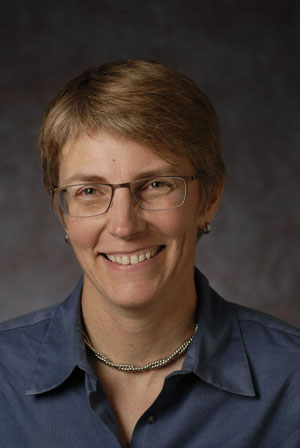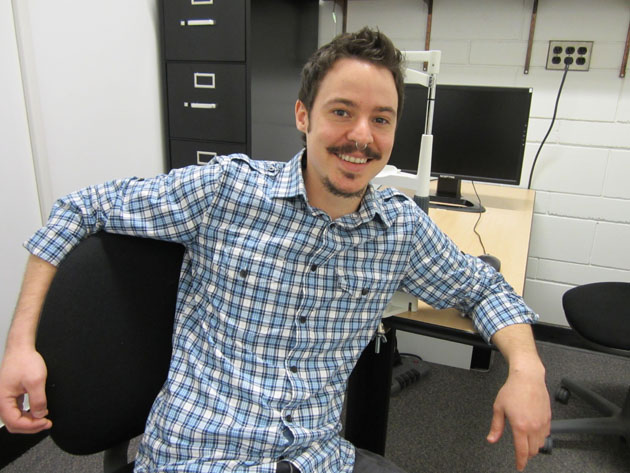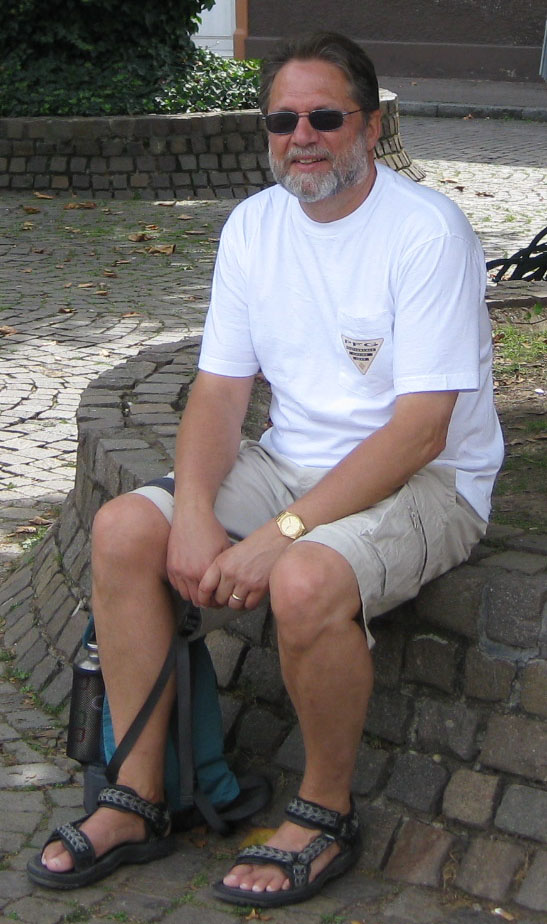Current Members
__________________________________________
Dr. Maggie Shiffrar - Principal Investigator - mag@psychology.rutgers.edu

Maggie Shiffrar, a 6th generation Californian, was raised in the San Francisco Bay Area and in the farm lands of the Central Coast. While an undergraduate at the University of California at Santa Cruz, her plans to become an MD were foiled when she took an Introduction to Psychology course and fell in love with the behavioral sciences. While a research assistant in a study of the relationships between hormones and behavior in the California ground squirrel, one of her rodent participants expressed his displeasure by mistaking her thumb for dinner. This taught Maggie the importance of informed consent and propelled her into the study of human behavior.
Following her Ph.D. in Cognitive Psychology at Stanford University, Maggie moved to Paris to study visual motion perception on the left bank. After determining that she made a lousy Parisian, Maggie returned to the states to work for NASA at the Ames Research Institute in California. In 1991, she left her heart in San Francisco and joined the faculty in the Psychology Department at the Newark campus of Rutgers University. Maggie’s research focuses on the visual perception of the human body. She is an elected fellow of the American Psychological Association and the Association for Psychological Science. She and her long time partner, Dr. Angele Thompson, have two cats, Lusa Flandowski and Ressi Peanut Buttercup. When not in the lab, Maggie indulges her weaknesses for travel, food, teaching, and recurve archery—though never at the same time.
___________________________________________
Ashley Blanchard - Doctoral Researcher - ablanchard@psychology.rutgers.edu

The first two years of my research has focused primarily on the preferential attention we pay to threatening stimuli, and in particular angry bodies. Previous research using visual search paradigms have found that we quickly detect an oddball face when the face is angry and take longer to detect an oddball face when the crowd is angry. With computer-generated body postures, we have found similar results. This suggests that we attend to angry body postures the same way we attend to angry facial expressions.
Future directions for my research interests include exploring perception-action coupling. More specifically, I am interested in the relationship between the motor system and visual system when constrained and when acquiring new motor skills.
_________________________________________
Christina Joseph - Doctoral Researcher - christij@psychology.rutgers.edu
The goal of my research is to understand the visual mechanisms that underlie the creation and/or maintenance of body dissatisfaction, a negative self-evaluation of one’s bodily size, shape, weight, and/or musculature. Body dissatisfaction is highly prevalent (over 80% of U.S. women suffer from it) and is a powerful predictor of eating disorders and depression. Recent evidence suggests that women, in general, show a biased allocation of their visual attention towards thin female bodies and this perceptual bias may be a function of body dissatisfaction (Glauert, 2010). I aim to evaluate the specificity of this attentional bias in male and female observers and its relationship to the observer’s body dissatisfaction. Findings from my research should expand our knowledge on the mechanisms underlying body dissatisfaction and should lead to advancements in the treatment of body dissatisfaction and eating disorders.
_________________________________________
James Thomas - Doctoral Researcher - jpthomas@psychology.rutgers.edu

James is broadly interested in embodied perception and cognition, and the role of perceptual experience, motor experience, and social processes in the perception of people, objects, and events.
James’ current research concerns the multisensory perception of human actions. James is currently working on his dissertation, which explores how meaning or semantics influence the multisensory integration of visual and auditory human action cues. Specifically, James is utilizing the point-light technique to explore how relevant sounds impact observers’ visual sensitivity to human actions. He is also interested in multisensory processing in individuals on the ASD spectrum, as well as in neurotypicals with a high degree of autistic-like traits. In the future, James plans to expand his behavioral research program to include neuroimaging investigations in order to explore the neural correlates of changes in visual sensitivity as a function of auditory cues to human action.
__________________________________________
Jennifer Gomes - Research Assistant - jengomes78@psychology.rutgers.edu

I recently graduated from Rutgers Newark with a Degree in Psychology. I worked with Maggie as her Teaching Assistant for a year in her Psych 101 class. I began working in her lab in June of 2011 as a Research Assistant/lab manager and then began working on Maggie's Research on Autism study. We are working on understanding the way in which someone with Autism perceives the world around them by showing them point light walkers. We hope this research can help us understand the Autistic populations perception capabilities in order to develop more programs to help them cope with certain social deficits.
_________________________________________
Shabeer Wali - Research Assistant - shabeer@psychology.rutgers.edu
My family fled war-torn Afghanistan in 1983. I was born in and raised in New Jersey. I graduated from Rutgers Newark in May 2011 with a Bachelor of Arts in Biology. Psychology has always interested me; I TA-ed for the Biology Lab and Psychology 101 for Maggie and I am currently a Research Assistant in Maggie’s lab. I am looking forward to furthering my education in the medical field.
__________________________________________
John R. Franchak - Lab Manager - jfranchak@psychology.rutgers.edu

I joined the Visual Cognition Lab in July of 2006 after a 35-year career as a self-employed software consultant and systems analyst. I graduated from Seton Hall University with major areas of study in Psychology, Business, and Computer Science. I have two children: John, 28, who is doing a post-doc at NYU, and Kaylan, 26, who graduated from Douglass College and manages a restaurant. I am married for nearly 40 years to Jane, a wonderful wife, mother, and elementary school teacher.
As Lab Manager and Research Assistant, I’m here to ensure that the Visual Cognition and Motion Capture labs run smoothly and to support the students with their research. I keep up the lab’s physical appearance, act as the liaison to the Physical Plant Department, research and order software and hardware, and maintain the operation of the Ascension Technologies Motion Capture equipment.
To support the lab’s doctoral students and our principal investigator, I write and sustain their experiments in Visual Basic, Presentation Software, Matlab, E-Prime, and I contribute to the creation of movie and still stimuli. I also instruct and support incoming students in the use of the Motion Capture equipment and related software.
I feel that my job is to create an atmosphere where students in our lab can feel comfortable asking for any kind of help needed in their pursuit of higher learning.
______________________________________________________________